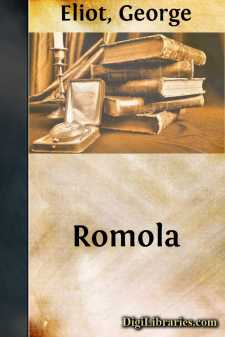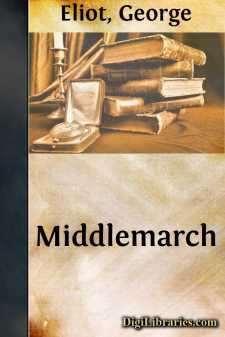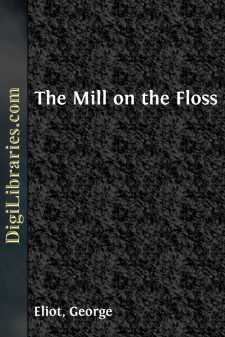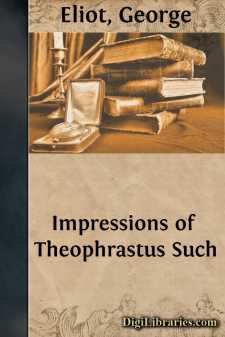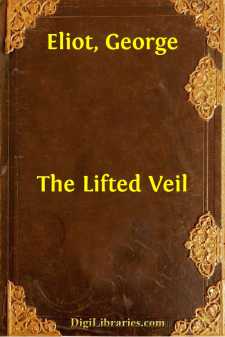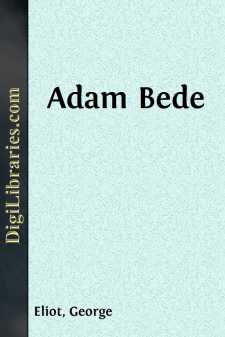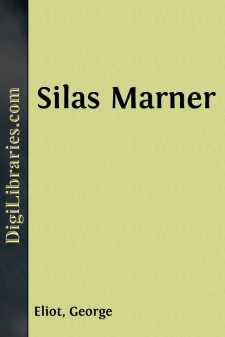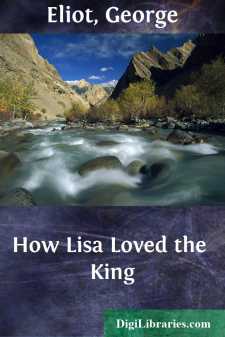Categories
- Antiques & Collectibles 13
- Architecture 36
- Art 48
- Bibles 22
- Biography & Autobiography 816
- Body, Mind & Spirit 145
- Business & Economics 28
- Children's Books 17
- Children's Fiction 14
- Computers 4
- Cooking 94
- Crafts & Hobbies 4
- Drama 346
- Education 58
- Family & Relationships 59
- Fiction 11834
- Foreign Language Study 3
- Games 19
- Gardening 17
- Health & Fitness 34
- History 1378
- House & Home 1
- Humor 147
- Juvenile Fiction 1873
- Juvenile Nonfiction 202
- Language Arts & Disciplines 89
- Law 16
- Literary Collections 686
- Literary Criticism 179
- Mathematics 13
- Medical 41
- Music 40
- Nature 179
- Non-Classifiable 1768
- Performing Arts 7
- Periodicals 1453
- Philosophy 66
- Photography 2
- Poetry 897
- Political Science 203
- Psychology 45
- Reference 154
- Religion 516
- Science 126
- Self-Help 85
- Social Science 82
- Sports & Recreation 34
- Study Aids 3
- Technology & Engineering 59
- Transportation 23
- Travel 463
- True Crime 29
Our website is made possible by displaying online advertisements to our visitors.
Please consider supporting us by disabling your ad blocker.
Daniel Deronda
by: George Eliot
Description:
Excerpt
CHAPTER I.
Men can do nothing without the make-believe of a beginning. Even science, the strict measurer, is obliged to start with a make-believe unit, and must fix on a point in the stars' unceasing journey when his sidereal clock shall pretend that time is at Nought. His less accurate grandmother Poetry has always been understood to start in the middle; but on reflection it appears that her proceeding is not very different from his; since Science, too, reckons backward as well as forward, divides his unit into billions, and with his clock-finger at Nought really sets off in medias res. No retrospect will take us to the true beginning; and whether our prologue be in heaven or on earth, it is but a fraction of that all-presupposing fact with which our story sets out.
Was she beautiful or not beautiful? and what was the secret of form or expression which gave the dynamic quality to her glance? Was the good or the evil genius dominant in those beams? Probably the evil; else why was the effect that of unrest rather than of undisturbed charm? Why was the wish to look again felt as coercion and not as a longing in which the whole being consents?
She who raised these questions in Daniel Deronda's mind was occupied in gambling: not in the open air under a southern sky, tossing coppers on a ruined wall, with rags about her limbs; but in one of those splendid resorts which the enlightenment of ages has prepared for the same species of pleasure at a heavy cost of guilt mouldings, dark-toned color and chubby nudities, all correspondingly heavy—forming a suitable condenser for human breath belonging, in great part, to the highest fashion, and not easily procurable to be breathed in elsewhere in the like proportion, at least by persons of little fashion.
It was near four o'clock on a September day, so that the atmosphere was well-brewed to a visible haze. There was deep stillness, broken only by a light rattle, a light chink, a small sweeping sound, and an occasional monotone in French, such as might be expected to issue from an ingeniously constructed automaton. Round two long tables were gathered two serried crowds of human beings, all save one having their faces and attention bent on the tables. The one exception was a melancholy little boy, with his knees and calves simply in their natural clothing of epidermis, but for the rest of his person in a fancy dress. He alone had his face turned toward the doorway, and fixing on it the blank gaze of a bedizened child stationed as a masquerading advertisement on the platform of an itinerant show, stood close behind a lady deeply engaged at the roulette-table.
About this table fifty or sixty persons were assembled, many in the outer rows, where there was occasionally a deposit of new-comers, being mere spectators, only that one of them, usually a woman, might now and then be observed putting down a five-franc with a simpering air, just to see what the passion of gambling really was. Those who were taking their pleasure at a higher strength, and were absorbed in play, showed very distant varieties of European type: Livonian and Spanish, Graeco-Italian and miscellaneous German, English aristocratic and English plebeian....



